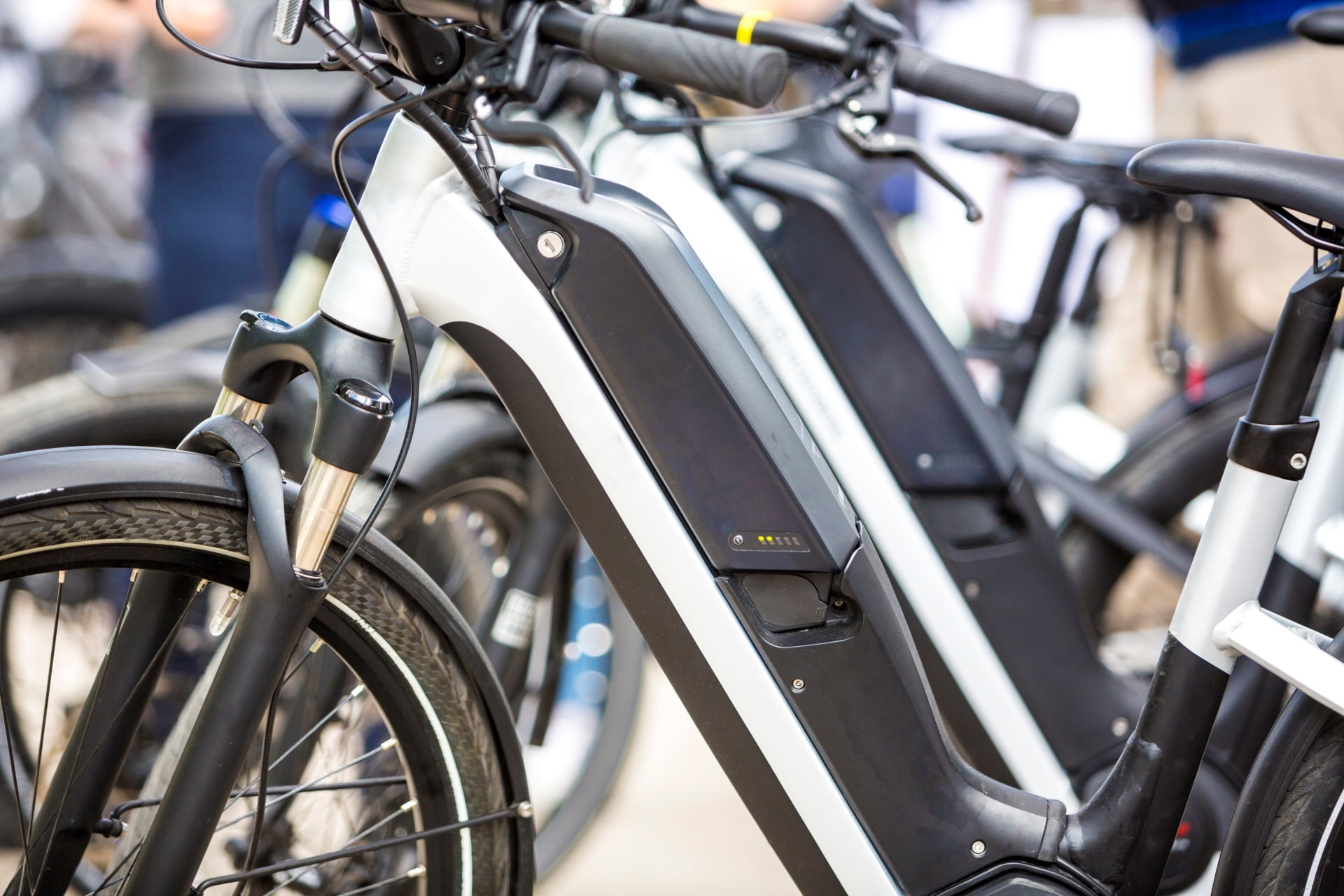
Knowledge Institute for Mobility research predicts continued rise for e-bike sales
47 days ago
3 minutes
The share of e-bike kilometers in the total number of bicycle kilometers will continue to increase in the coming years, reaching 45 percent in 2028. The total number of bicycle kilometers is expected to increase by 13 percent between 2022 and 2028. This is evident from scientific research by the Knowledge Institute for Mobility Policy (KiM).
Source: Fietsberaad CROW
To predict the share of e-bike kilometers, KiM researchers used data from the Research on Travel in the Netherlands (OViN) from 2013-2017 and Onderweg in Nederland (ODiN) from 2018-2022. The analysis shows a clear growth in the use of e-bikes in the coming years: from 36 percent of the number of bicycle kilometers in 2022 to 45 percent in 2028. The corona pandemic appears to have accelerated the growth in the share of e-bike kilometers. The total cycling distance will grow by 13 percent between 2022 and 2028 and this is mainly a result of an increase in the number of e-bike kilometers – the number of cycling kilometers on a regular bicycle will even decrease by 4 percent during that period.
The differences between the age groups are large. In 2028, the share of e-bikes among young people aged 12-17 years will be 30 percent, and among elderly people aged 70 and older it will be 75 percent. In general, the share of e-bikes increases with age. Only the group of 12-17 year olds is slightly higher than the groups of 18-24 years and 25-29 years.
Figure: Trend share of e-bike kilometers in total number of bicycle kilometers for different ages. The black dots represent the data, the black lines the growth trend taking into account Covid-19 and delivery delays and the gray lines the growth trend without taking those influences into account. (Source: Huang et al. (2024) )
There is also a clear gender difference in e-bike use. In general, men cycle more kilometers by bicycle, but women travel more e-bike kilometers and e-bike rides than men. Women have a higher share of e-bike kilometers in all age groups. Above the age of thirty, the difference will decrease slightly in the coming years. The difference is increasing among younger cyclists, except in the group of 18-24, where more e-bike kilometers are expected among men in the coming years.
In a second study, KiM investigated the potential of the e-bike to reduce and replace car use based on data from the Mobility Panel Netherlands and ODiN. The results predict a moderate shift in the mobility pattern. The increased e-bike kilometers seem to mainly replace bicycle kilometers. But above 7 kilometers this shift is less noticeable and the e-bike may actually replace the car. E-bike rides may also replace public transport rides and rides as a car passenger, but this could not be determined based on the available data.The results of the research were published in April in the scientific journal.

LEVA EU
Campaign success
Lorem ipsum dolor sit amet, consectetur adipisicing elit, sed do eiusmod tempor incididunt ut labore et dolore magna aliqua.
Member profile
Lorem ipsum dolor sit amet, consectetur adipisicing elit, sed do eiusmod tempor incididunt ut labore et dolore magna aliqua.
